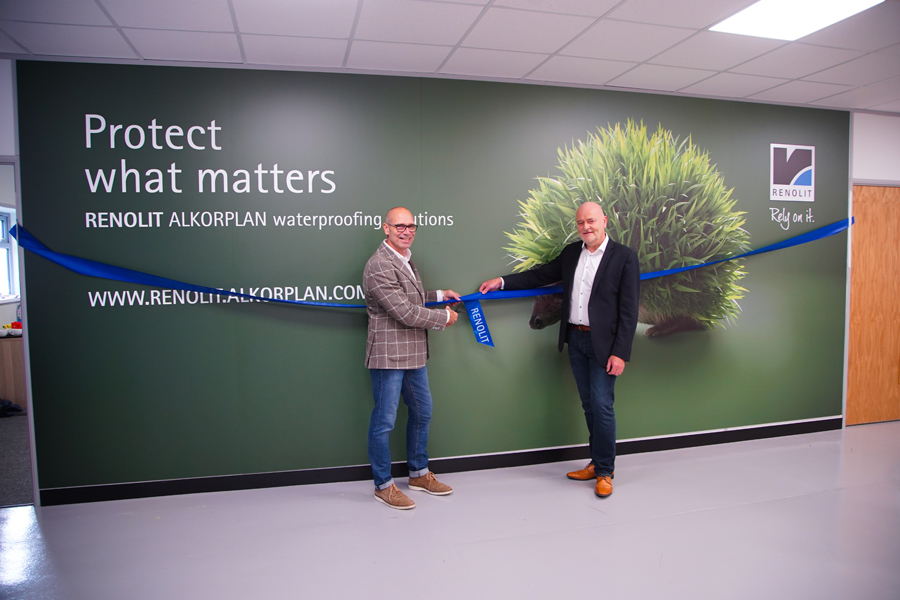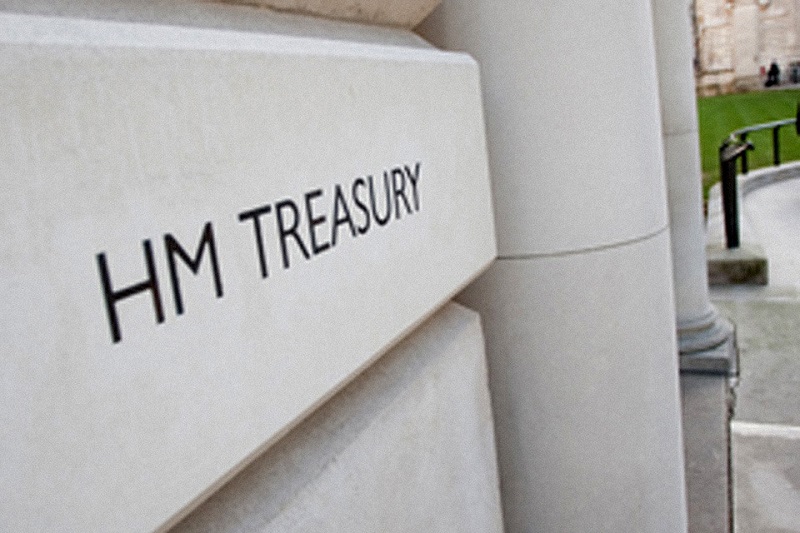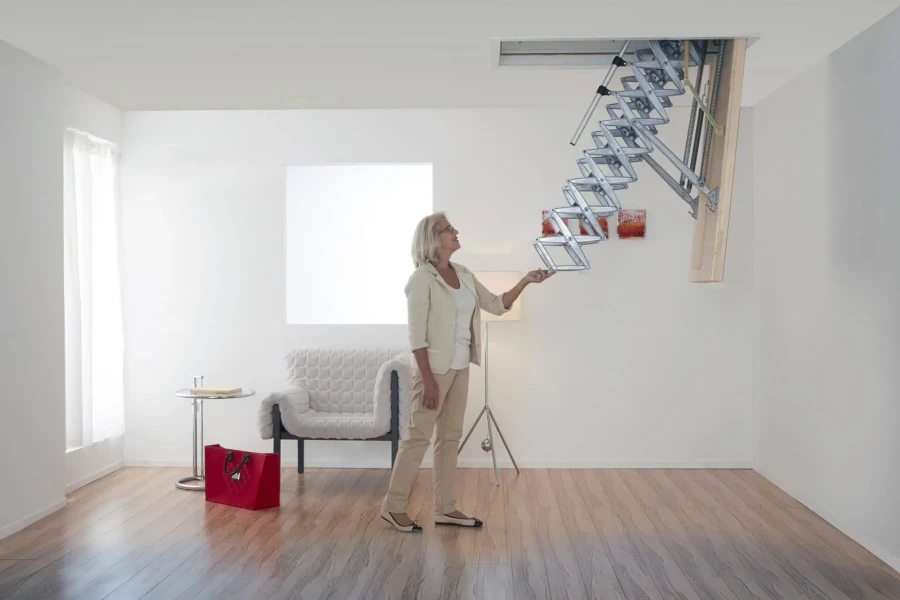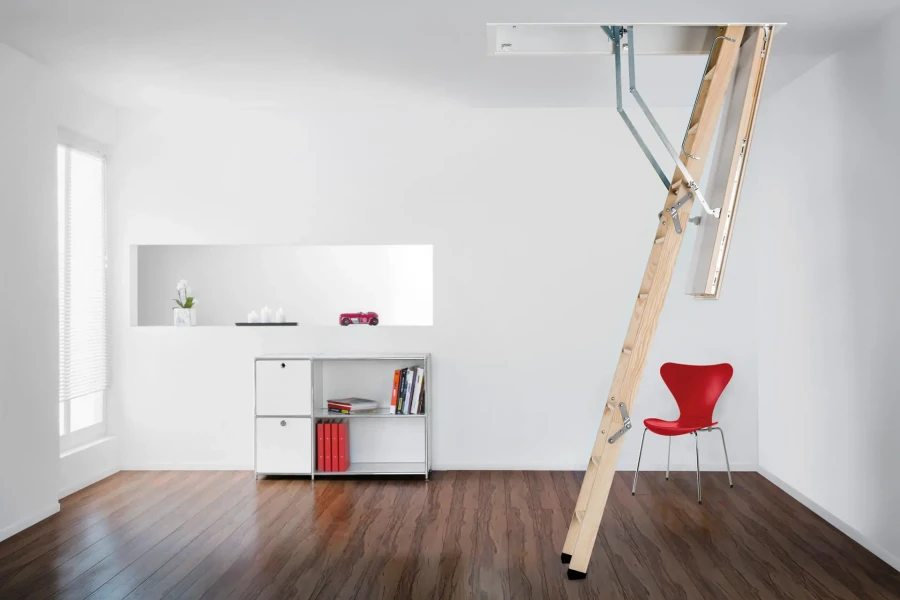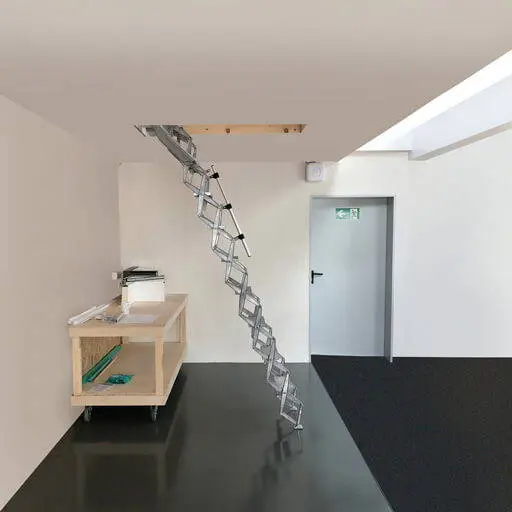The Building Engineering Services Association (BESA) has criticised the government’s decision to reject calls for a new Clean Air Act.
The House of Commons has blocked the private member’s bill introduced to update clean air legislation on the grounds that it already has sufficient legal powers to enforce higher standards of air quality under the Environment Act 2021.
However, BESA does not believe the targets set by the Act will reduce levels of airborne particulate matter quickly enough to protect human health.
“We are disappointed but not surprised,” said Nathan Wood, chair of the Association’s Indoor Air Quality (IAQ) group. “We saw this coming because the government has been insisting for some time that it was already addressing the problem despite evidence to the contrary.
“Its own data shows current measures are doing next to nothing to reduce levels of particulate matter (PM) in our air and multiple scientific studies confirm how much harm this is doing to human health.”

BESA argues that national legislation should reflect the latest advice from the World Health Organisation (WHO), which attributes seven million premature deaths a year to exposure to unsafe levels of particulate matter (PM) and nitrogen dioxide (NO2).
Currently, the UK’s Environment Act includes ‘headline targets’ that allow double the WHO recommended limit for average annual exposure to PM2.5 of five micrograms per cubic metre (µg/m3) and to PM10 of 15 µg/m3. And even these levels would not be achieved until 2040.
Severe
“Numerous studies have shown that PM2.5 contributes to heart attacks and strokes – and increases the risk of severe asthma cases and lung cancer,” said Wood. “We need to go further and faster. Surely, our national targets should at least be aligned with the WHO’s advice.
“Also, setting a goal 16 years into the future condemns another whole generation of children to impaired lung function and increasingly severe asthma attacks.”
BESA has produced a series of free guides to help facilities managers take practical measures to reduce the amount of airborne contaminants in buildings. It points out that, as people spend more than 90% of their time indoors, it is increasingly urgent that more time and money is spent on addressing IAQ to safeguard their health and well-being.
As well as setting more ambitious targets for reducing general pollution, the Association believes the government should set specific targets for IAQ so that buildings can quickly become ‘Safe Havens’ that protect occupants while the longer-term work of cleaning up outside air goes on.
“Outdoor, ambient air pollution guidance levels as adopted by governments are usually based on calculations of population level mortality and morbidity, tempered by considerations of what is regarded as economically feasible,” a BESA statement explained. “This means that there is a compromise made against ideal levels of health and well-being.
“By contrast, a health and well-being approach is founded on the belief that the productivity and enjoyment of a space is enhanced by good IAQ. We believe that building occupants should have access to indoor conditions that are better than the outdoors – that a building should be a Safe Haven.”
Cocktail
BESA added that the cocktail of outdoor pollution and sources of indoor contamination make IAQ a complex challenge that requires the measuring, monitoring, and mitigation of a range of airborne substances including CO2, NOx, ozone, and radon, along with particulate matter (PM2.5 and below).
As a result, BESA joined the thousands of UK citizens who signed the petition calling for a new Clean Air (Human Rights) Act that would make “breathing clean air” a fundamental human right.
“Targeted legislation to address the specific threat posed by rising levels of air pollution is increasingly urgent and the Environment Act simply does not go far enough,” it said.
In its response to the petition calling for the new Act, the Department for Environment, Food and Rural Affairs (DEFRA) said: “The government’s comprehensive existing legal framework for air quality already gives us the powers we need to drive down air pollution and its damaging effects on human health and the environment.
“Latest published figures (which go up to the year 2021) show that air pollution has reduced significantly since 2010, with emissions of nitrogen oxides down by 45%, fine particulate matter down 10% and sulphur dioxide down 73%.”
It acknowledged that air pollution “remains the greatest environmental threat to human health”, and that more action was needed to protect people and the environment from its harmful effects.
“As such, the government fully recognises the positive intention behind the Clean Air (Human Rights) Bill, however, we already have a comprehensive existing legal framework that allows us the capability, accountability and ambition we need to make effective interventions to drive down air pollution,” the DEFRA statement said.








